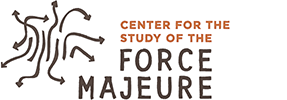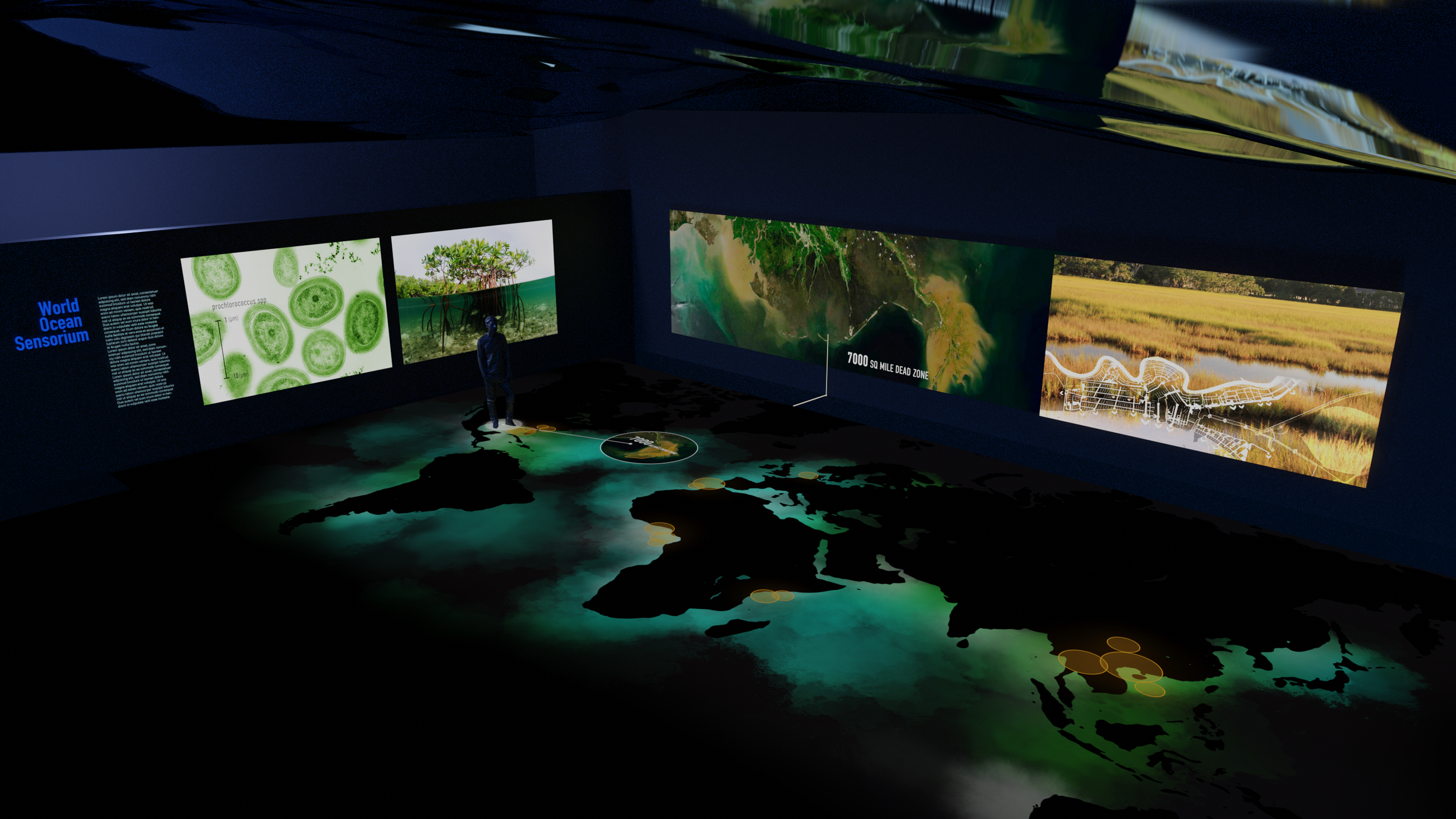Make it stand out
Whatever it is, the way you tell your story online can make all the difference.
-
Description text goes here
-
Description text goes here
-
Description text goes here

